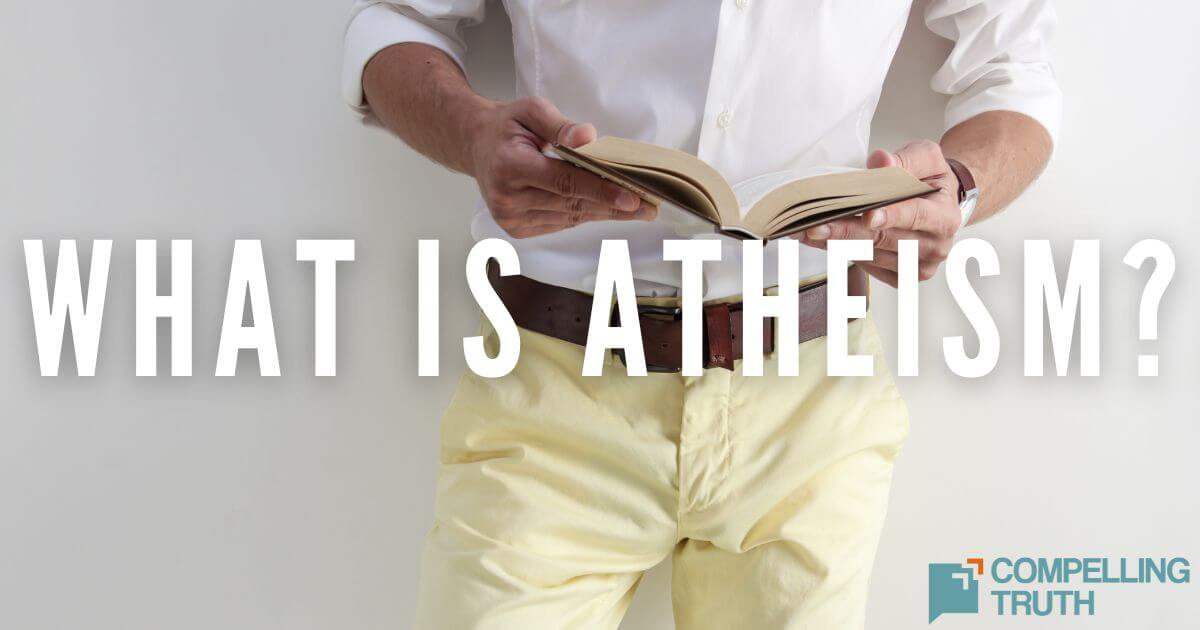The teleological argument is a philosophical argument that supports the existence of a creator based on the complexity and design of the natural world. This argument is simple to understand, in part because humans are designers by nature, so it is natural to think in terms of things having a purpose. Also, this argument is consistent with Scripture since God’s existence has been made plain to everyone in the things that have been made (e.g., Psalm 19:1; Romans 1:18-20).
The argument can be stated in the following way:
• Behind every complex design is a designer.
• The universe has a complex design.
• Therefore, the universe has a designer.
The watchmaker analogy helps to understand this argument: If you found a watch in an empty field, you would logically conclude that it was designed and not the product of random formation. Likewise, when we look at life and the universe, it is natural to conclude there is a designer since we see how perfectly the universe and living things operate.
The modern Intelligent Design (ID) movement has reinvigorated teleological arguments with insights from contemporary cosmology and molecular biology, while exposing serious shortcomings in naturalistic Darwinian explanations. On a microscopic scale, evolution cannot account for the irreducible complexity observed in protein transport, blood clotting, the bacterial flagellum, and photosynthesis. ID says that intelligent causes are necessary to explain the complex, information-rich structures of biology and that these causes are empirically detectable. Recent ID books provide scientific evidence that the intelligent designer of the universe is the theistic God of the Bible.
The fine-tuning design argument suggests that certain constants of the physical cosmos are finely balanced to support life, and if these constants were slightly different, life as we know it would not exist. Examples include the gravitational force, the electromagnetic force, the cosmological constant, the velocity of light, and the right planetary mass in a favorable orbit around a stable star. Indeed, we live on a privileged planet.
It was the argument from design that convinced what used to be atheism's greatest philosopher and spokesman – Anthony Flew – to abandon his atheism and embrace the concept of a Creator. Stating his position on the matter, Flew simply said: "I think the origins of the laws of nature and of life and the Universe point clearly to an intelligent Source. The burden of proof is on those who argue to the contrary."
Reference: "Return of the God Hypothesis: Three Scientific Discoveries That Reveal the Mind Behind the Universe" by Stephen C. Meyer (HarperCollins, 2021).




